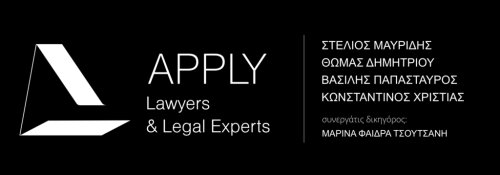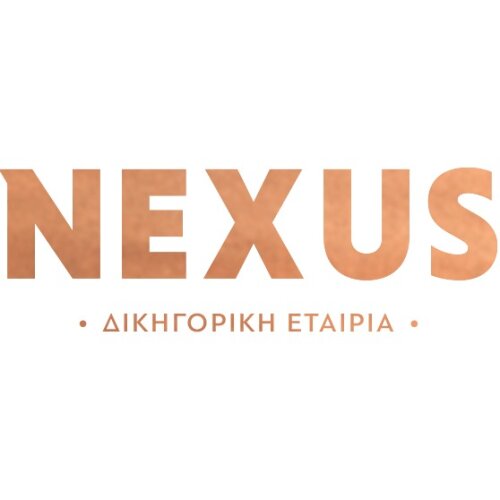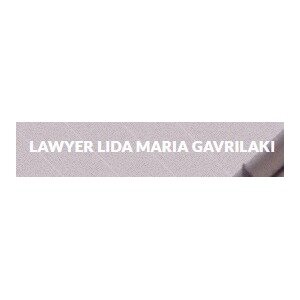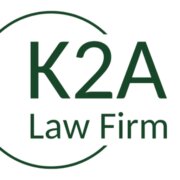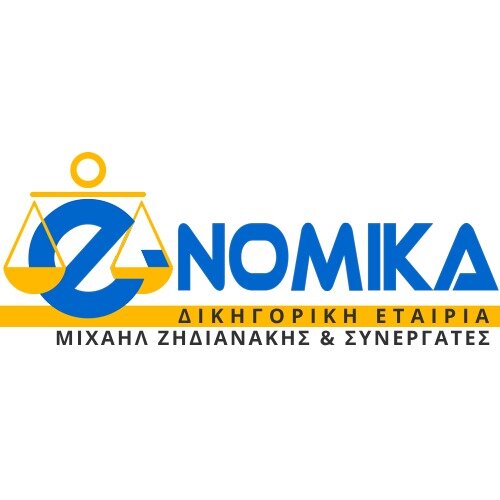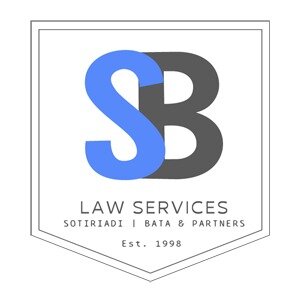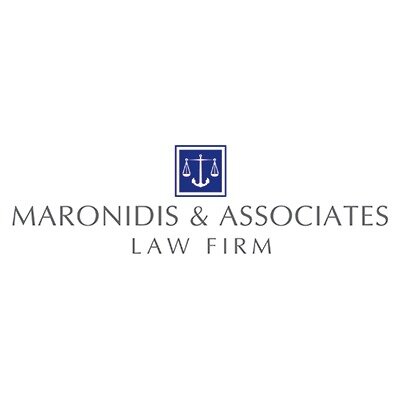Best Mining Law Lawyers in Thessaloniki
Share your needs with us, get contacted by law firms.
Free. Takes 2 min.
List of the best lawyers in Thessaloniki, Greece
About Mining Law in Thessaloniki, Greece
Mining Law in Thessaloniki governs the exploration, extraction, production, and regulation of mineral resources within the regional and national framework of Greece. Thessaloniki, as part of Northern Greece, is significant due to its proximity to mineral-rich areas, making mining activities a vital part of the local and national economy. Greek Mining Law integrates EU directives, national laws, and local regulations, addressing minerals such as gold, silver, copper, and industrial materials. Mining Law covers licensing, land use, environmental policies, royalties, health and safety, and the rights or obligations of both public authorities and private entities involved in the mining sector.
Why You May Need a Lawyer
Individuals or companies often need a Mining Law specialist in Thessaloniki for various legal matters. Common situations include:
- Applying for exploration and exploitation licenses or permits
- Navigating complex land use and property rights issues
- Drafting or reviewing mining contracts and joint venture agreements
- Ensuring compliance with environmental protection regulations
- Managing disputes with other landowners, governmental bodies, or stakeholders
- Handling labor matters specific to mining operations
- Responding to regulatory audits and defending administrative actions
- Understanding taxation, royalties, and reporting obligations
- Dealing with expropriation or public interest claims related to mining areas
Mining Law is specialized and involves cross-disciplinary knowledge, including administrative, environmental, property, and corporate law. Legal assistance helps to mitigate risk, avoid penalties, and efficiently resolve disputes.
Local Laws Overview
Mining operations in Thessaloniki are subject to several key legal frameworks:
- Greek Mining Code (Law 210/1973 and amendments): The foundation for mining activities in Greece, governing exploration, licensing, operational obligations, safety, and closure of mines.
- Environmental Protection Laws: Mining must comply with Greek and EU environmental laws. Environmental Impact Assessments (EIA) are mandatory before starting new projects or extending existing operations.
- Land Use and Urban Planning Laws: Not all land is available for mining. Permits must be obtained based on zoning, property ownership, and archaeological or nature protection.
- Licensing: Multiple permits are required, including exploration licenses, exploitation rights, and operating permits. Approval involves national and regional authorities.
- Tax and Royalties: Miners pay royalties and face specific tax treatments. Regulations prescribe how royalties are calculated and shared between the state and local authorities.
- Health and Safety: Stringent workplace safety standards are enforced, including periodic inspections and reporting requirements.
Local provisions specific to Thessaloniki may apply, especially regarding environmental protection, community impact, and the involvement of local prefectures in the authorization process.
Frequently Asked Questions
What types of minerals are regulated under Greek Mining Law?
Greek Mining Law covers metallic minerals (such as gold, silver, copper), industrial minerals, and energy resources like lignite. Each category may have different regulatory requirements and licensing procedures.
How do I obtain a mining license in Thessaloniki?
You must apply to the Ministry of Environment and Energy, submitting technical and financial documentation. Your application will also be reviewed by local authorities and environmental agencies before any decision is made.
Is an Environmental Impact Assessment required for mining projects?
Yes, all major mining activities require an Environmental Impact Assessment (EIA) and subsequent approval from the relevant authorities before operations can commence.
Who has the right to mine on a particular piece of land?
Mining rights are separate from land ownership. The state owns mineral resources, and it grants rights to individuals or companies via licenses. Landowners may receive compensation, but do not automatically have mining rights.
Are there special restrictions on mining activities near residential or protected areas?
Yes, mining is heavily restricted or prohibited near residential zones, archaeological sites, Natura 2000 environmental zones, and other protected areas. Local zoning plans dictate permissible activities.
How are mining royalties determined in Greece?
Royalties are set by law and can be a fixed sum or a percentage of the value of extracted minerals. The exact calculation depends on the resource type and is subject to change by governmental decisions.
What happens in case of environmental damage from mining?
Operators are legally obliged to restore damaged areas and may face heavy penalties for breaches, including suspension of operations, fines, or criminal responsibility.
Can foreign companies invest in mining activities in Thessaloniki?
Yes, foreign companies may invest or operate mines but must comply with Greek laws, complete the licensing process, and may need to establish a local presence for permit purposes.
How are labor and safety regulations enforced in mining operations?
Labor laws set out strict safety standards, regular inspections are conducted, and breaches can lead to significant sanctions. Employers must provide regular training, safety equipment, and implement risk prevention measures.
How long does it take to get mining approval in Thessaloniki?
The process duration varies based on project complexity and required approvals but can range from several months to over a year due to multi-level reviews involving national, regional, and environmental agencies.
Additional Resources
For additional assistance or information about Mining Law in Thessaloniki, consider the following resources:
- Ministry of Environment and Energy: Oversees all mining operations and environmental procedures in Greece.
- Decentralized Administration of Macedonia and Thrace: The regional body responsible for local licensing and enforcement in Thessaloniki.
- Institute of Geology and Mineral Exploration (IGME): Provides geological data and advice on mineral resources.
- Hellenic Federation of Enterprises (SEV) - Mining Division: Offers industry updates and represents mining sector interests.
- Thessaloniki’s Chamber of Commerce and Industry: Acts as a hub for business services and legal support.
- Environmental NGOs and legal aid societies: Can offer guidance, especially regarding environmental protection related to mining projects.
Next Steps
If you believe you need legal assistance concerning Mining Law in Thessaloniki, here is how to proceed:
- Gather all relevant documents, such as property titles, prior correspondence with authorities, permit applications, or contracts related to the mining project.
- Outline your main queries or concerns in writing to clarify your objectives when consulting with a lawyer.
- Identify a qualified lawyer or law firm specializing in mining, environmental, or administrative law in Thessaloniki. Seek referrals or consult with the Bar Association for recommendations.
- Arrange an initial consultation to discuss your situation. Ask about the lawyer’s experience with mining cases and request a clear overview of costs and procedures.
- Follow legal advice carefully, especially regarding compliance deadlines, document preparation, and interaction with governmental agencies.
- Consider joining or contacting industry associations for ongoing updates about changes in laws or procedures affecting mining in the Thessaloniki region.
By taking these steps, you can better protect your interests, ensure compliance, and navigate the complex legal environment surrounding mining activities in Thessaloniki, Greece.
Lawzana helps you find the best lawyers and law firms in Thessaloniki through a curated and pre-screened list of qualified legal professionals. Our platform offers rankings and detailed profiles of attorneys and law firms, allowing you to compare based on practice areas, including Mining Law, experience, and client feedback.
Each profile includes a description of the firm's areas of practice, client reviews, team members and partners, year of establishment, spoken languages, office locations, contact information, social media presence, and any published articles or resources. Most firms on our platform speak English and are experienced in both local and international legal matters.
Get a quote from top-rated law firms in Thessaloniki, Greece — quickly, securely, and without unnecessary hassle.
Disclaimer:
The information provided on this page is for general informational purposes only and does not constitute legal advice. While we strive to ensure the accuracy and relevance of the content, legal information may change over time, and interpretations of the law can vary. You should always consult with a qualified legal professional for advice specific to your situation.
We disclaim all liability for actions taken or not taken based on the content of this page. If you believe any information is incorrect or outdated, please contact us, and we will review and update it where appropriate.



